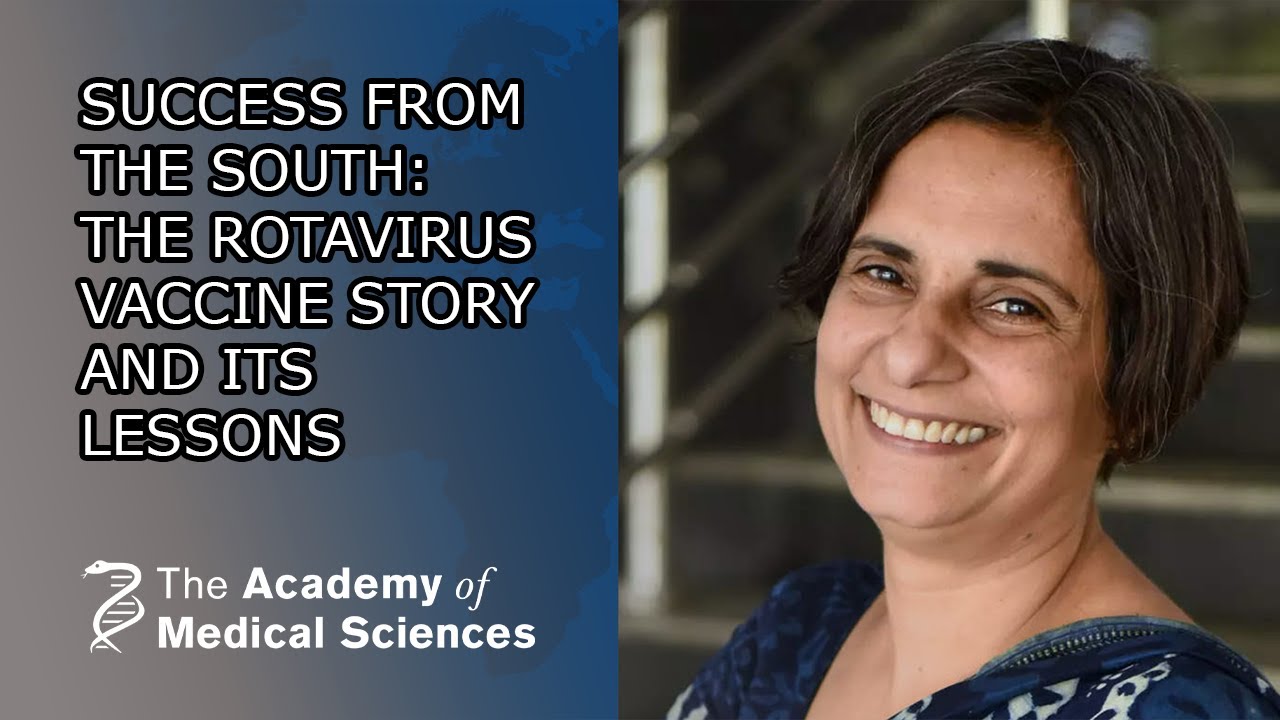Dame Theresa gives an overview of decision-making science, and highlights key future behaviour change strategies that can improve health for all.
Attempts to change behaviour focus either on conscious, deliberate changes or unconscious, automatic behaviours.
However research shows that providing information about the risks associated with behaviours is ineffective as a method of behaviour change. Even when risk information is personalised, for instance the targeted genetic risk information from DNA sequencing companies such as 23andMe, people do not change their behaviour. People are very sensitive to risk information – but only of a certain type. In order for people to change their behaviour based on risk information, risks must be “immediate, certain, and broadly incompatible with living to the end of the day…” – in contrast to most public health information, which is uncertain and far in the future.
In this talk, Dame Theresa outlines the dual process models of behaviour by Daniel Kahneman and Amos Tversky, together with strategies for successfully changing behaviours to improve health on a population level. Her aim is to support and implement evidence-based policies that both improve health, and reduce the health disparities between rich and poor.
Professor Dame Theresa Marteau DBE FMedSci is Director of the Behaviour and Health Research Unit at the University of Cambridge.
This talk was given as part of the the Richard and Hinda Rosenthal Symposium: Behaviour change to improve health for all
https://acmedsci.ac.uk/more/events/behaviour-change-to-improve-health-for-all
This symposium was co-hosted by the US National Academy of Medicine and the UK Academy of Medical Sciences.
Find out more about the US National Academy of Medicine
https://nam.edu/
The Academy of Medical Sciences is the independent body in the UK representing the diversity of medical science. Our mission is to advance biomedical and health research and its translation into benefits for society.
Find the Academy of Medical Sciences online:
Website: http://acmedsci.ac.uk/
Twitter: http://twitter.com/AcMedSci
Facebook: http://www.facebook.com/acmedsci
Instagram: http://www.instagram.com/acmedsci/
